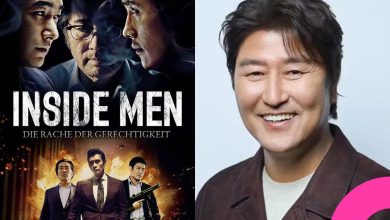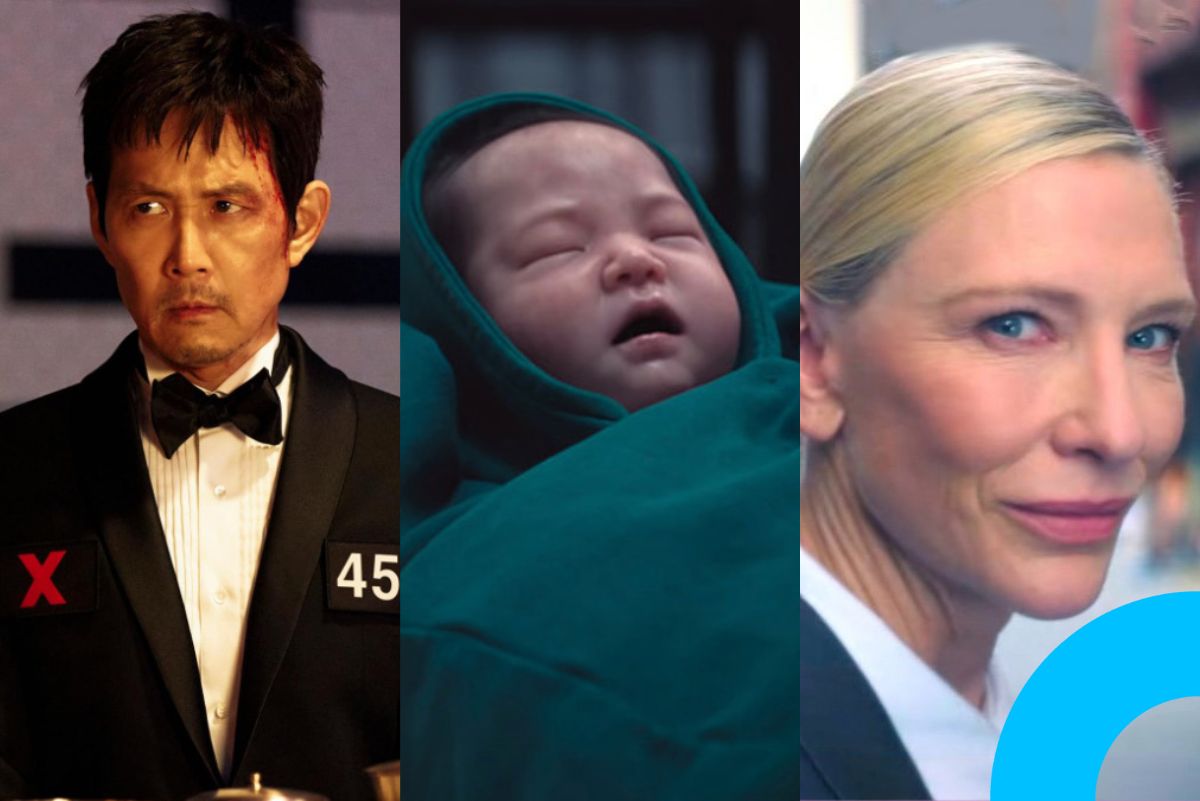
As Netflix’s most-watched series in history, Squid Game has captivated audiences worldwide with its sharp social commentary and gripping storyline. Season 1 redefined childhood games as deadly survival challenges, offering biting critiques of capitalism. Season 2 expanded the universe with global polarization themes, while Season 3 pushed boundaries even further—confronting the very core of human nature, morality, and hope.
In an exclusive interview, director Hwang Dong-hyuk shared insights into the emotional and philosophical conclusion of the trilogy. While Season 1 skyrocketed to fame and won multiple international awards including at the 74th Primetime Emmy Awards, Seasons 2 and 3 were filmed back-to-back to deliver a cohesive arc over the past five years.
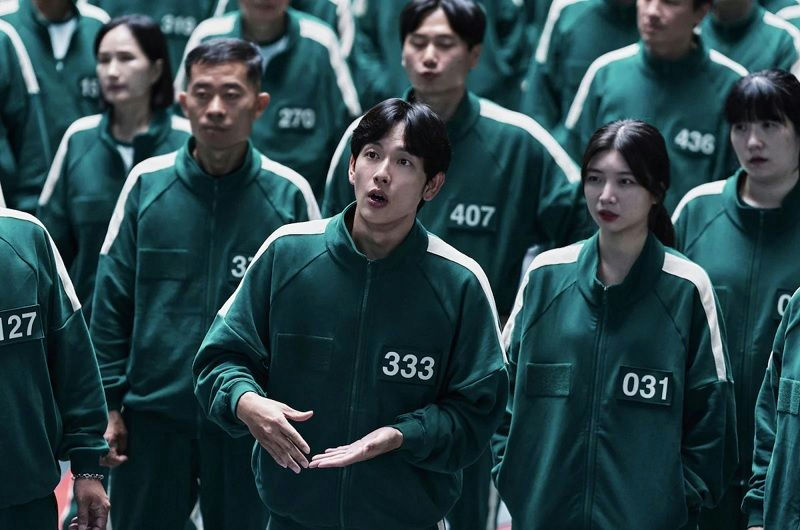
A Journey That Had to End
Viewers were divided over the Season 3 finale, especially Gi-hun’s death. When asked if he ever imagined a happier ending, Hwang Dong-hyuk confessed that during early planning, he thought of having Gi-hun dismantle the game and reunite with his daughter in the U.S. However, as writing progressed, he questioned the real message he wanted to deliver.
“The world is worse now than when I made Season 1,” he explained. “Economic inequality has deepened, war and climate crises are rampant, and people feel powerless. I wanted Gi-hun’s sacrifice to reflect the responsibility ordinary people have to protect what matters.”
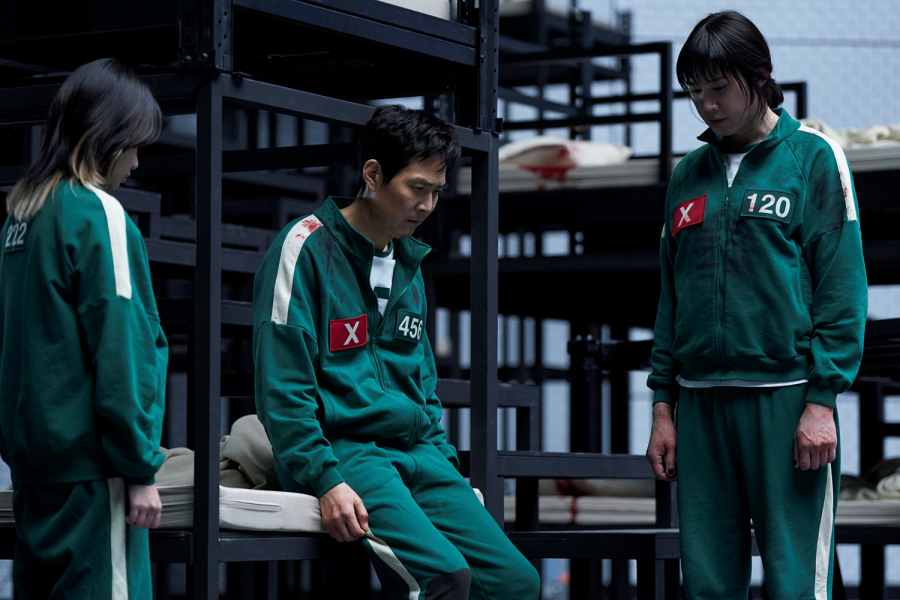
Hwang Dong-hyuk emphasized that Gi-hun, an average man, taking on such a burden added resonance to the series’ core themes. His death, while heartbreaking, underscored a sobering truth about the state of our world.
The Symbolism of the Baby
One of the most talked-about elements in Seasons 2 and 3 is the baby. Hwang Dong-hyuk described the baby as a metaphor for future generations—a representation of hope and the need to pass on a better world. “Today’s youth feel hopeless,” he said. “They believe their future is bleaker than their parents’. That’s why the baby became central—something to protect, something worth changing for.”
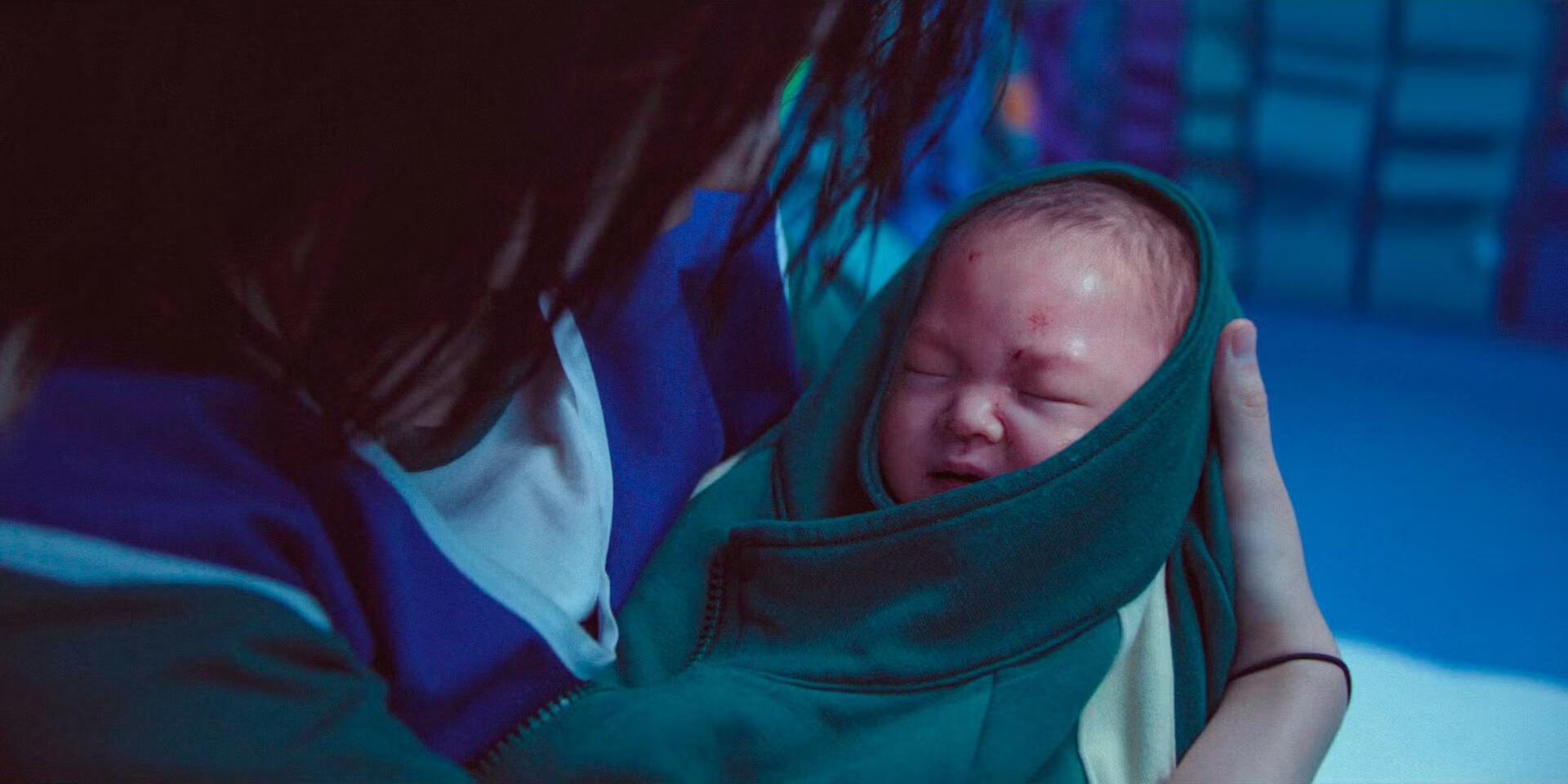
Some viewers were shocked by the inclusion of a baby in the final game. Hwang Dong-hyuk addressed this, clarifying that the Front Man’s choice wasn’t merely for cruelty. Instead, it offered a glimpse of his conflicted humanity. Giving Gi-hun a knife and telling him to protect the child was, in its own twisted way, a final test of morality.
Jun-ho’s Role and Ending
Another point of contention was the seemingly limited role of Jun-ho. Hwang revealed that Jun-ho was initially part of a storyline with a more optimistic conclusion, where he would return with authorities to shut down the game. But as Gi-hun’s fate changed, so did Jun-ho’s arc.
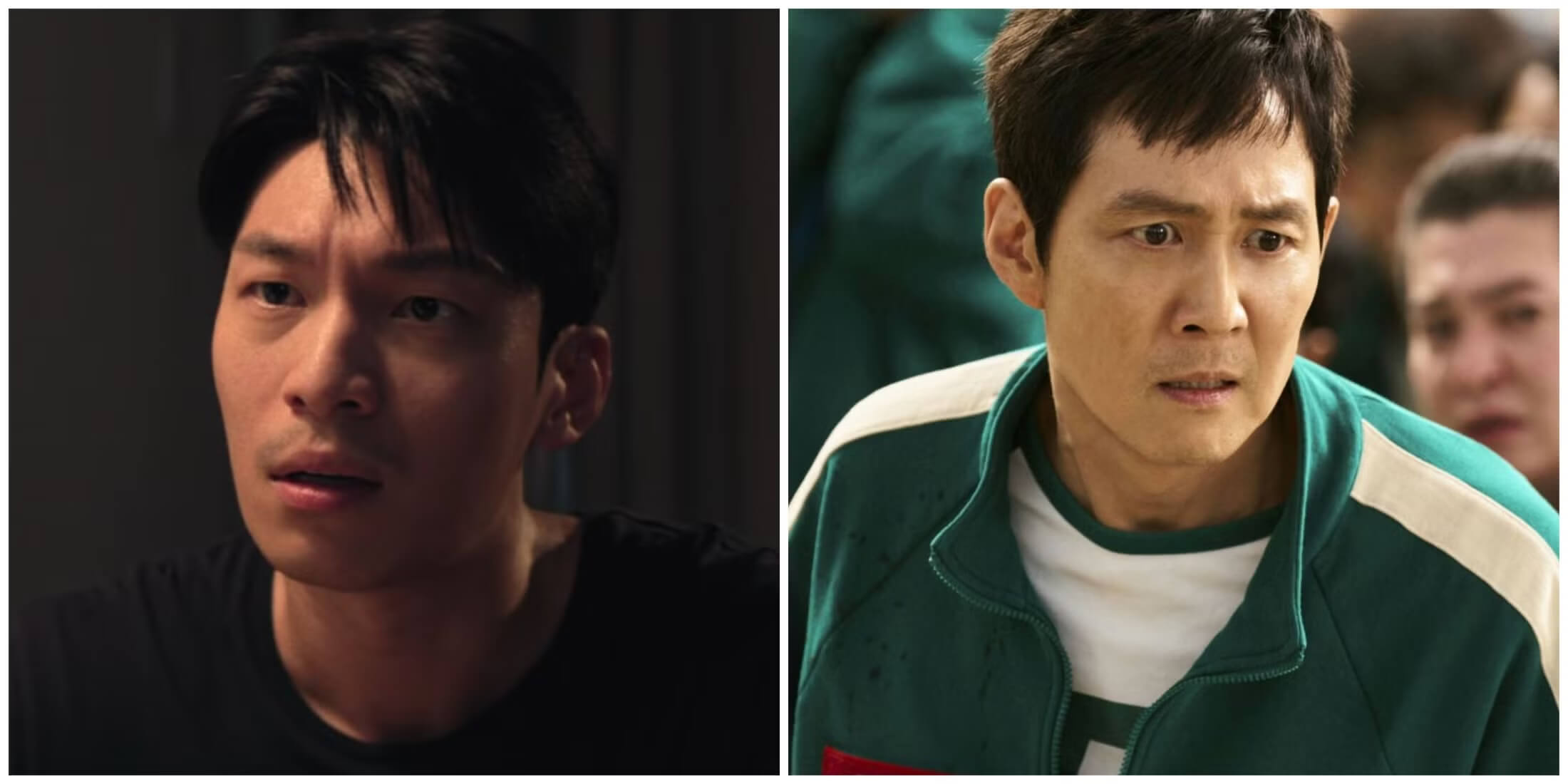
In the final version, Jun-ho arrives too late to stop the game but becomes the child’s guardian. “He’s one of the few who understands everything. He may not be a parent, but he has the integrity to raise the child responsibly,” said Hwang Dong-hyuk.
He also shared a personal regret—the passing of actress Lee Joo-sil, who played Jun-ho and In-ho’s mother. “It would’ve added a deeper emotional layer if she were there to see the child’s future.”

Squid Game Season 3 portrays Gi-hun’s return to the game, the reveal of the Front Man’s true motives, and the brutal fates of the remaining participants. While some fans were left heartbroken, others praised the raw truth and artistic risk of the conclusion.








